To embrace the four pillars of DEIB — diversity, equity, inclusion, and belonging — DIS met with Jessica Wei Huang, an educational equity consultant, and constructed a panel to learn about the students’ sense of “belonging” within the school. With the fresh spirit of determination, Huang hosted a workshop for the East Asia Regional Council of Schools (EARCOS) the next day, also held at DIS.
“DEI is a term that started in the business world as people saw that minorities were feeling disrespected and undervalued in organizations. Sometimes we use different words to name the same thing, which means that there are certain populations or demographics of students in every school community that don’t feel like they belong, that don’t feel seen and heard,” Huang said.
Organizer
Huang, who worked with DIS online for the past three years, orchestrated the events and assisted the attendees to go down the rabbit hole of DEIB in their personal and school lives. Huang told the Flyover staff that she began her work after discovering an affinity to hold space for people to work towards solutions that align with DEIB. With a mission to make students’ school experiences better than her own, Huang embarked on her first in-person workshop at DIS.
At the start of each session, Huang initiates with a message that these conversations focus not on her, but on the participants and their views.
“As a consultant and coach, I find that people come to me for answers and quick fixes — that’s for a good reason, because they care a lot and might be struggling a lot with an issue or challenge. But I think when I give a quick answer or fix, it doesn’t actually get to the root of the problem. The person needs to understand themselves better, and they need to understand the issue better in the context of their own community. So that’s why I facilitate space for people to do that deeper thinking on their own, because that helps you in the future, when a different problem arises.” said Huang.
Kiva Panel
The Kiva Panel comes from Native American culture where elders sit and share their wisdom on a specific problem or question. The audience listens and reflects on the words of the speakers without follow-up questions. On Nov. 10, all faculty took the form of the audience, and students, the wise elders.
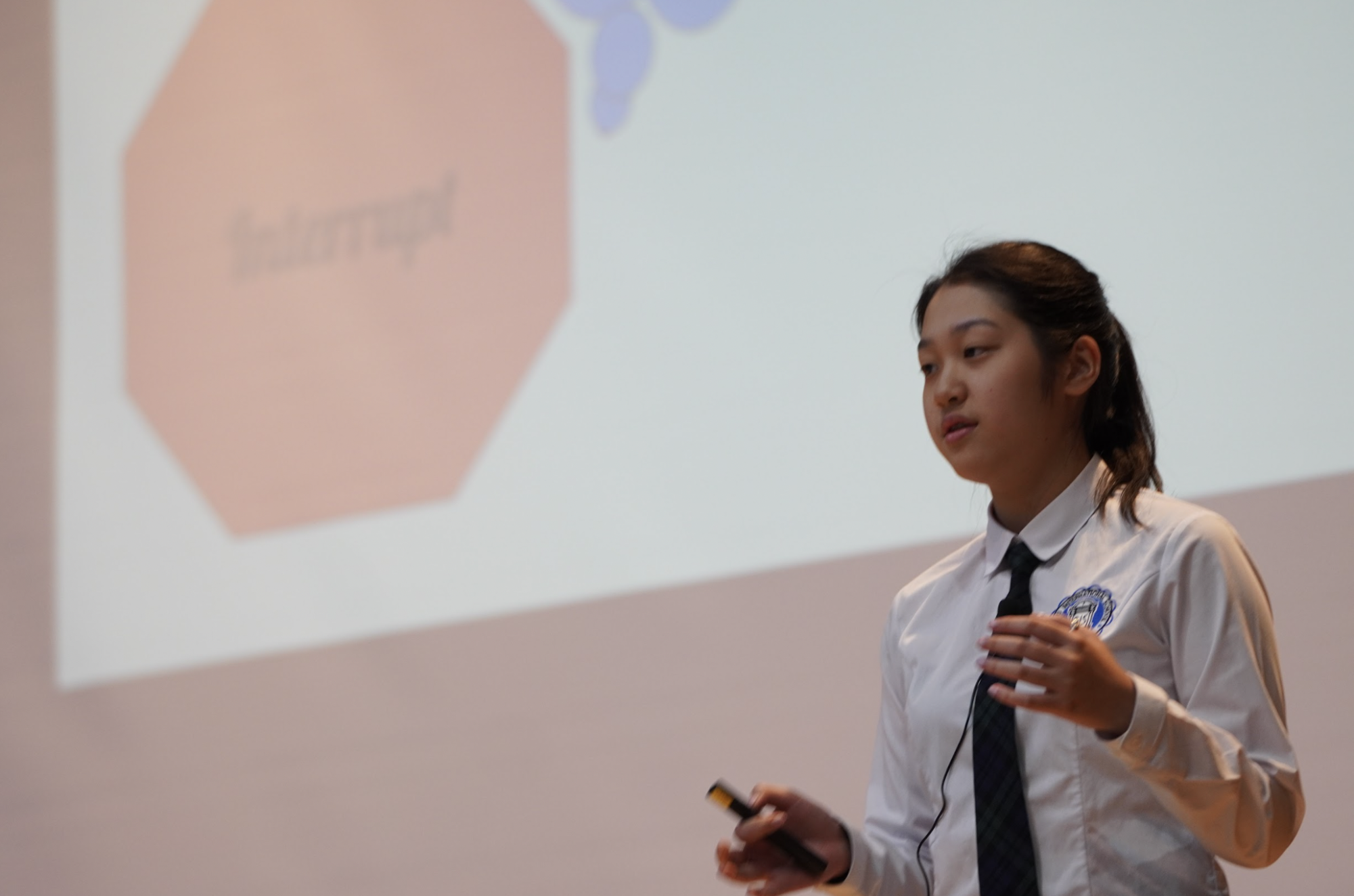
Seven middle and high schoolers, involved in clubs related to DEIB, shared their experiences and thoughts centered around unconscious bias and identity-based harm. The night served as an opportunity for DIS members to hear the panelists’ voices, perspectives, and insights as valuable community members.
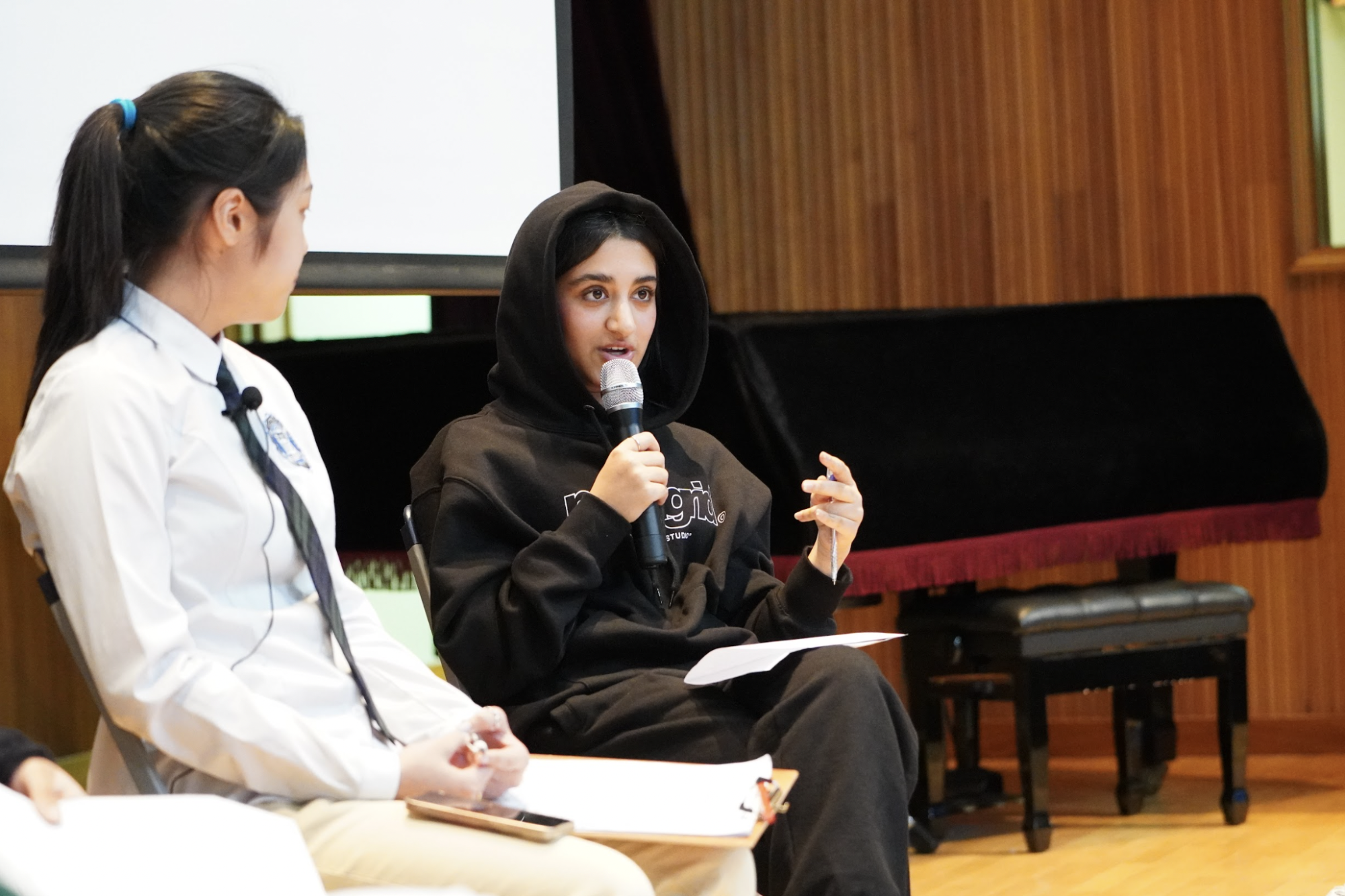
“I was talking with Mrs. Cameron, and she said, ‘this is a really good opportunity, and because of the menstruation station and SOAR, you have a lot to contribute. Since you’ve also been in DIS for a really long time, I want to hear your opinion on this.’ I was like, ‘sure.’ I wanted some changes to happen. I’ve been here for 11 years and there was something I always noticed,” DIS junior Niha Banerjee said.
The Kiva Panel speakers answered two questions:
- Talk about a time you felt either deep belonging or felt othered in your learning or school experience anytime in your school career. Share an experience of bias, microaggression, or identity-based harm that you have faced in your school career. How did that experience impact you as a learner and as a human being?
- What do you need from your teachers and the school community to increase a sense of belonging for students at DIS? If you could wave a magic wand to increase inclusion and belonging at DIS, what would you change and why?
“The moments leading up to it were very anxiety inducing, scary, and overwhelming. You don’t know how they’re going to take it, if they’re going to take it well, or if there are going to be some bad side effects. But after, it felt really empowering and I felt good, respected. I felt seen,” said Banerjee.
Four of the seven panelists finished off the day with a guide for teachers called the micro-intervention framework, which targets situations of on-campus microaggressions. Each student presented one of the four steps to micro-intervention: interrupt, question, listen/affirm, and educate.
“I always believe that if you don’t know what to do, you go to the students and they’ll guide you,” Huang said.
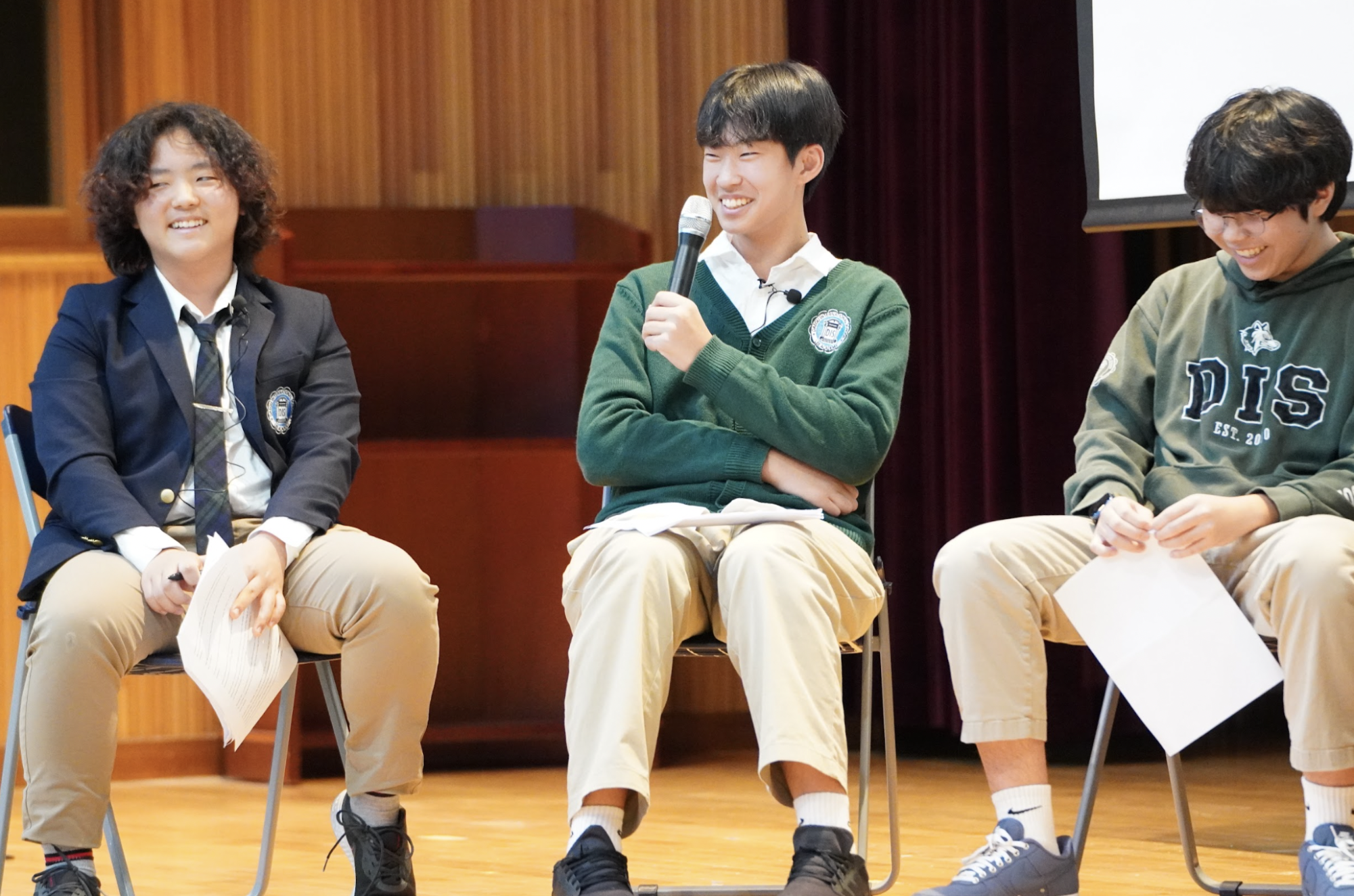
EARCOS Workshop
On the next day, Nov. 11, the EARCOS workshop commenced, in which advisors and students around the Korean peninsula — Seoul to Jeju — came to work for one goal: DEIB. Each participant, with a personal connection that interested them, spent a full day in this seminar.
“Growing up as a minority, I feel like this was always what I did, but I just didn’t know that I was doing it. Making space for others because we were always kind of pushed to the side — so you never really had space. I’ve always done this work, even when I didn’t necessarily want to. If somebody else is acting a certain way towards me, I’ve had to move myself in a certain way to continue to be in that space,” said Senedra Newsome, a Media Arts and Film Teacher at Chadwick International School.
“I remember, just growing up as transgender and queer, I had a really hard time making friends in school. I remember in 11th grade, we had a Chinese exchange student come and he couldn’t speak English fluently. He was really pushed out from a lot of kids because of that. And although we weren’t discriminated against based on the same reasons, somehow he and I connected because we were different amongst the group. So we ended up becoming really good friends. It kind of inspired me then to go into the field that I am in now — helping students who don’t speak English as a native language thrive within the English curriculum,” said Aurora Zain, Chadwick International School’s English as a Second Language(ESL) teacher.
Participants discussed their own backgrounds and how it impacted their lives. For the later half of the day, they chose specific problems related to DEIB and launched a plan to tackle it. Such experience enlightened hope and connection in many student-attendees.
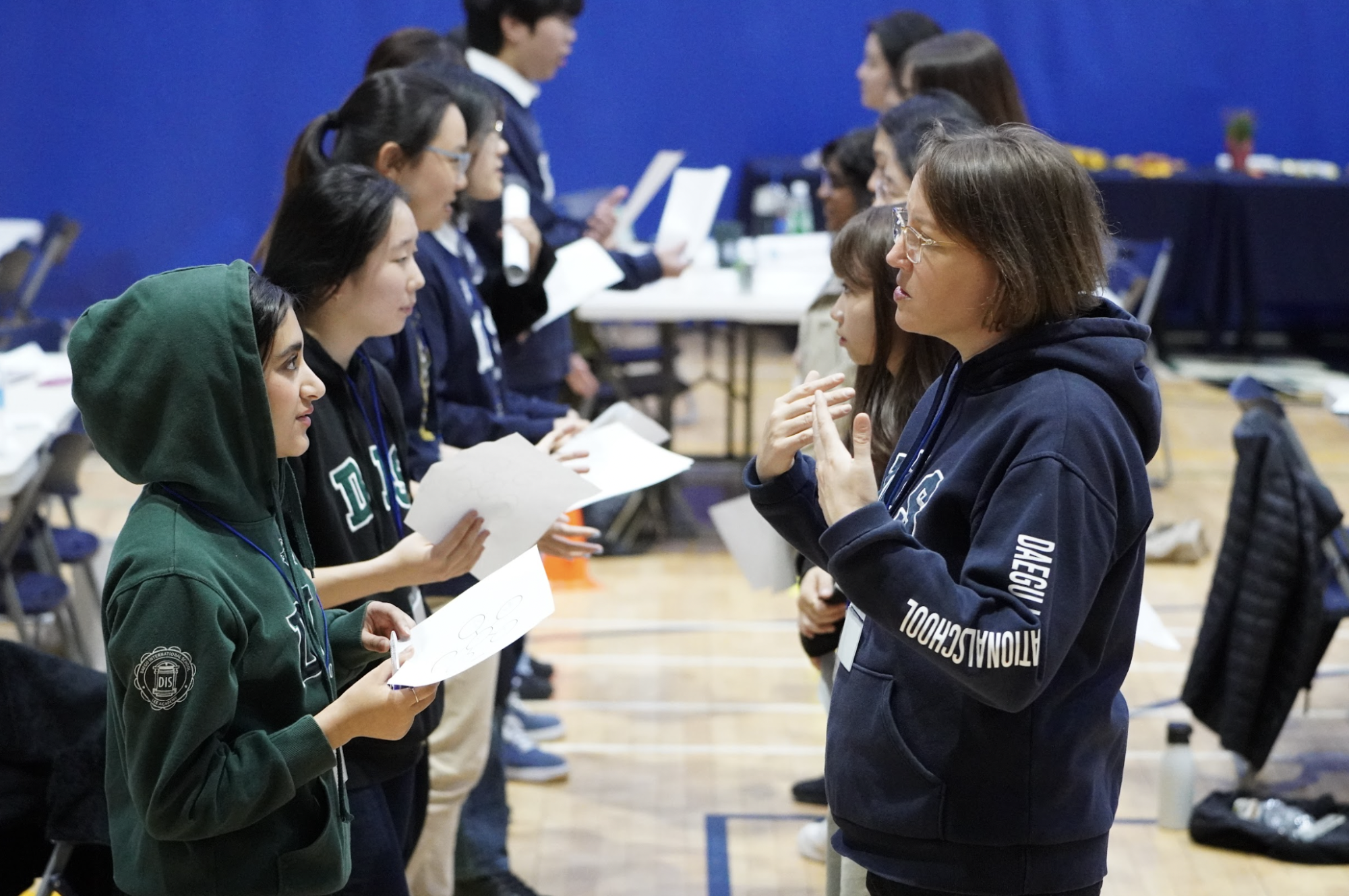
“Before this conference, I wasn’t really aware that the DEIB community and advocates for this specific clause was this big and this extensive. I thought maybe I was the only one who actually cared about these principles, but now that I come here and engage with other student leaders and other people and individuals who care about this cause, I see that I’m not alone,” said Chesla Kim, a junior from Seoul International School.
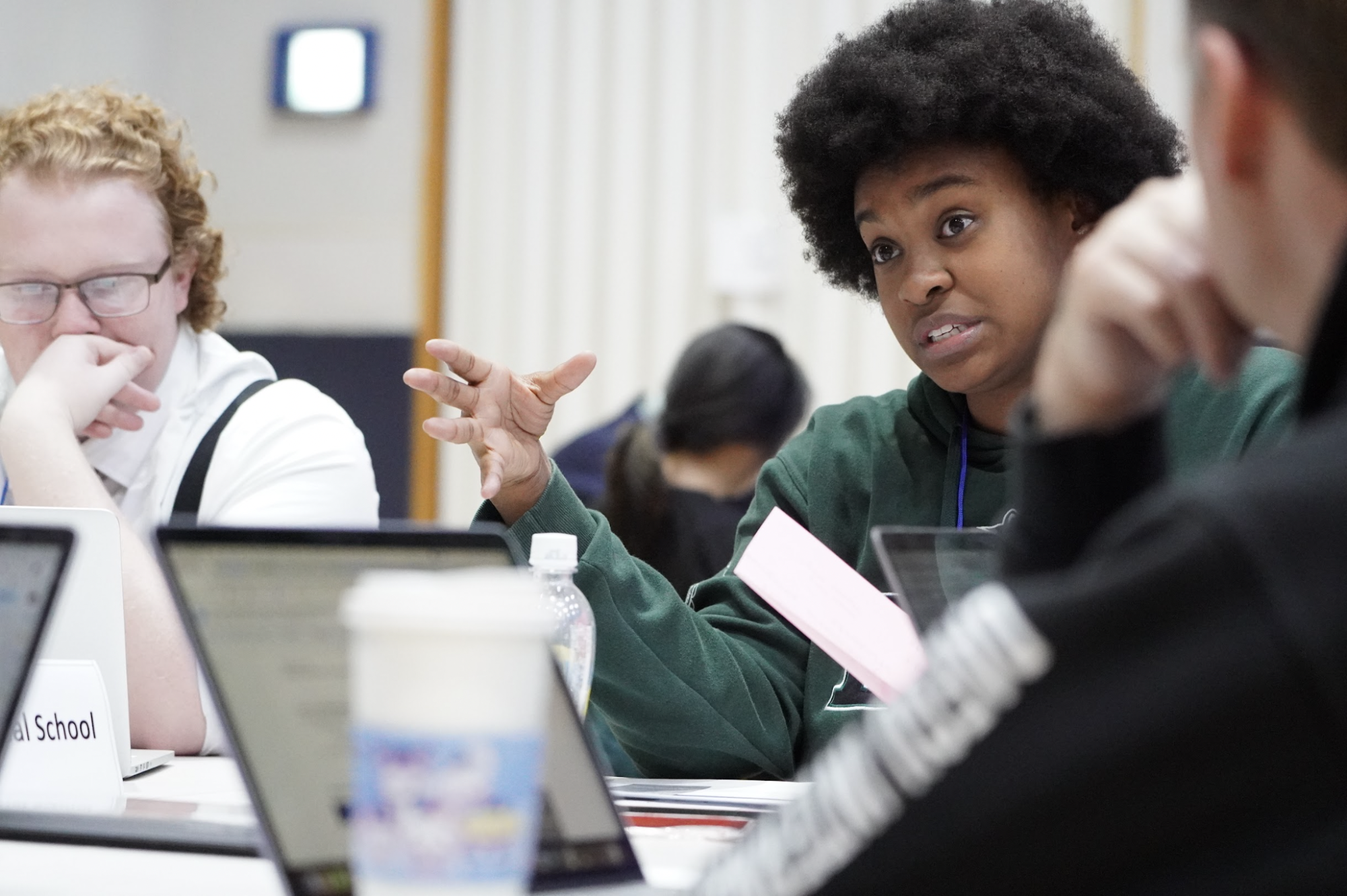
Some highlights of the discussions include:
- Confusion, often viewed as a negative emotion, serves as a greater part of the process of learning more about oneself and their identity.
- Adults find it hard to change if it comes from another adult. But if the students bring and advocate for change, it’s harder to resist.
- At the end of the day, the human experience intersects and transcends beyond language and cultural barriers.
Conclusion
This year’s workshop marks one small step for the school, and one giant leap for a more diverse, equal, inclusive, and belonging campus. With DIS’ gradual growth each year, the efforts students and staff make to ensure everyone feels seen and included reassures all stakeholder’s minds.
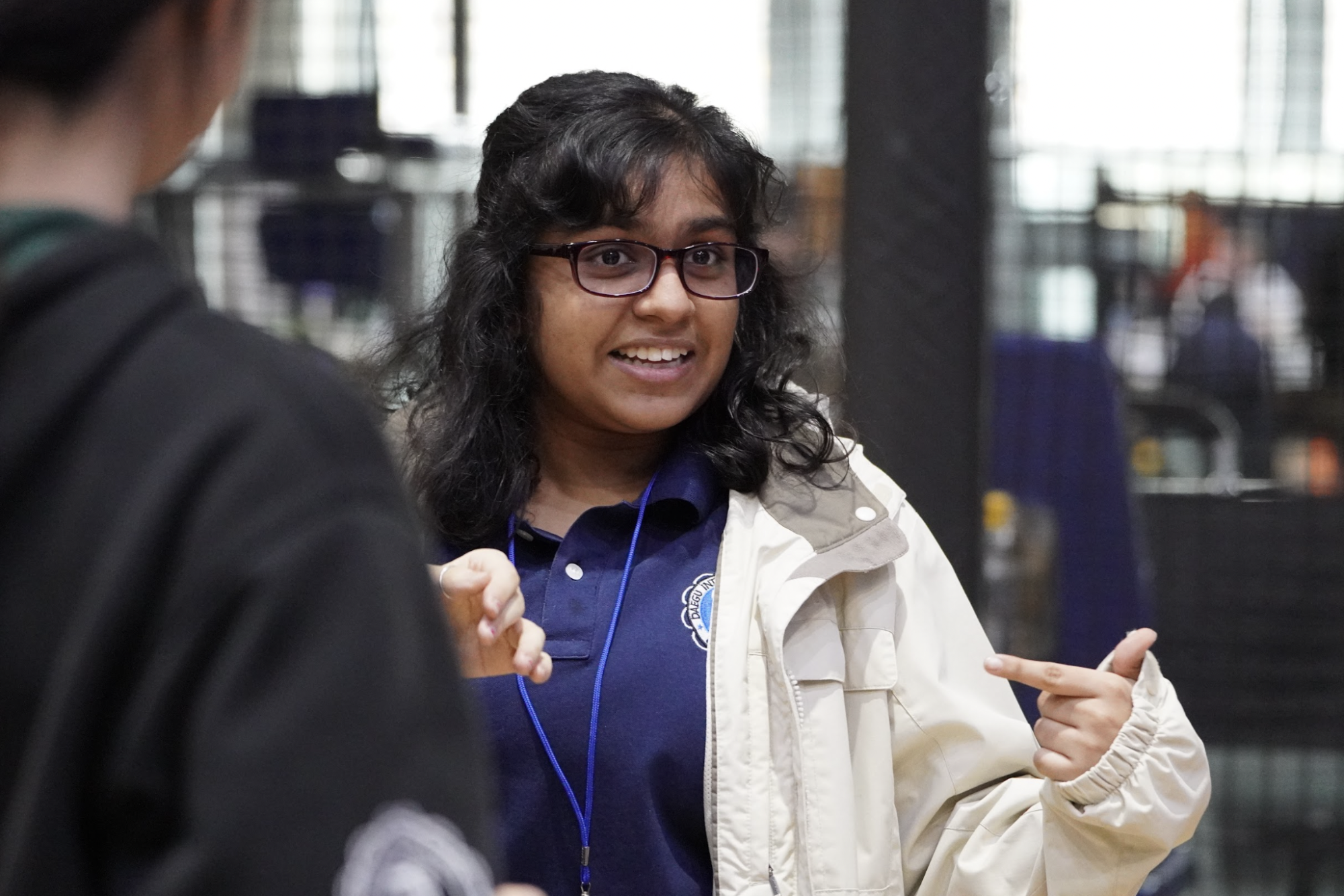
“Building connections, relationships, and community for me and hopefully all of you is the most important thing. There’s always going to be an issue to solve because our world isn’t perfect. But I think being able to be in communication and relationship with the people that you care about is perhaps something that can feed your soul to continue the good fight later,” Huang concludes.

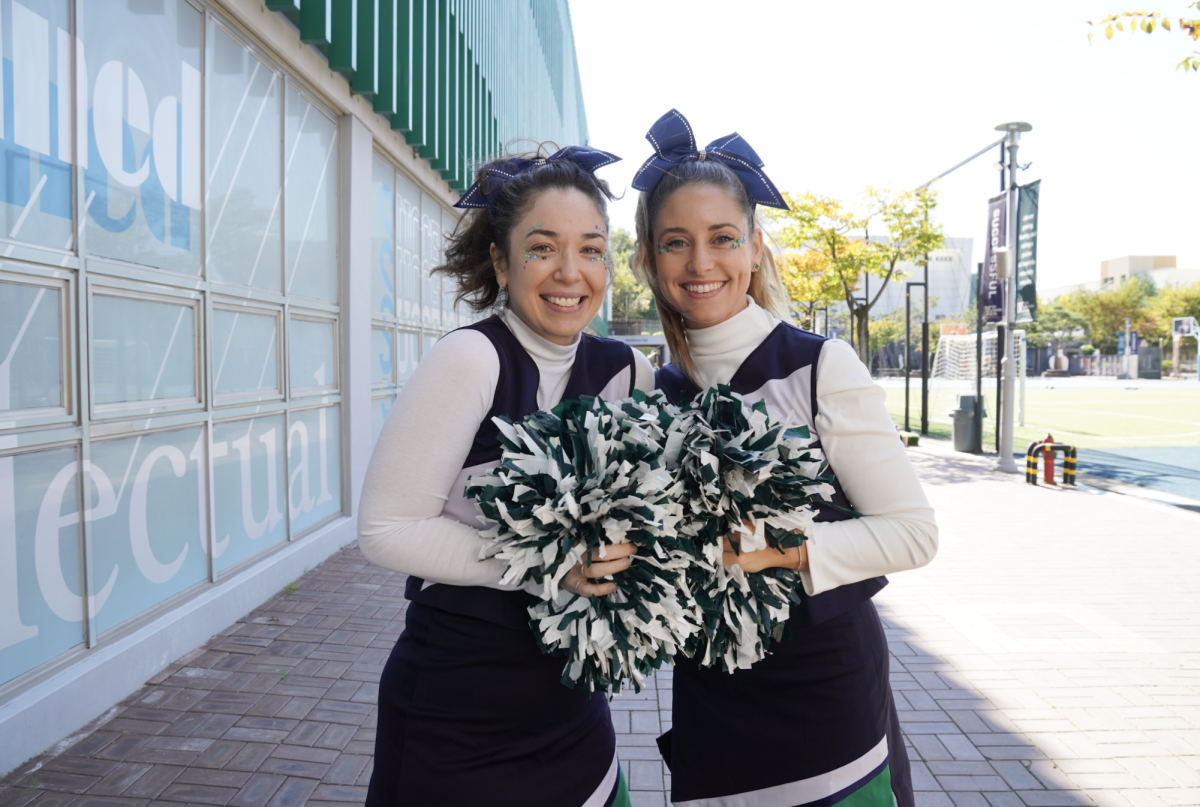
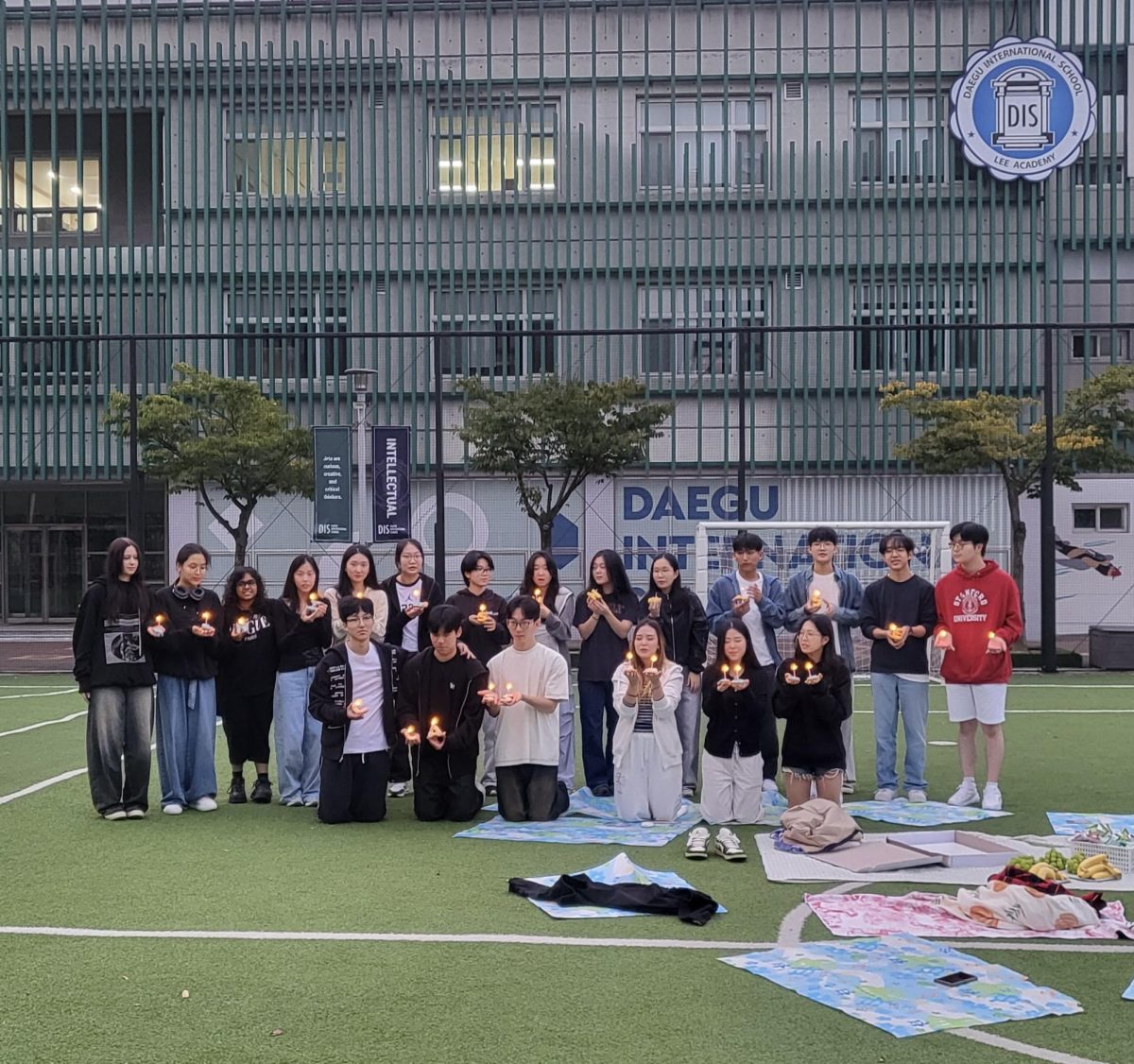




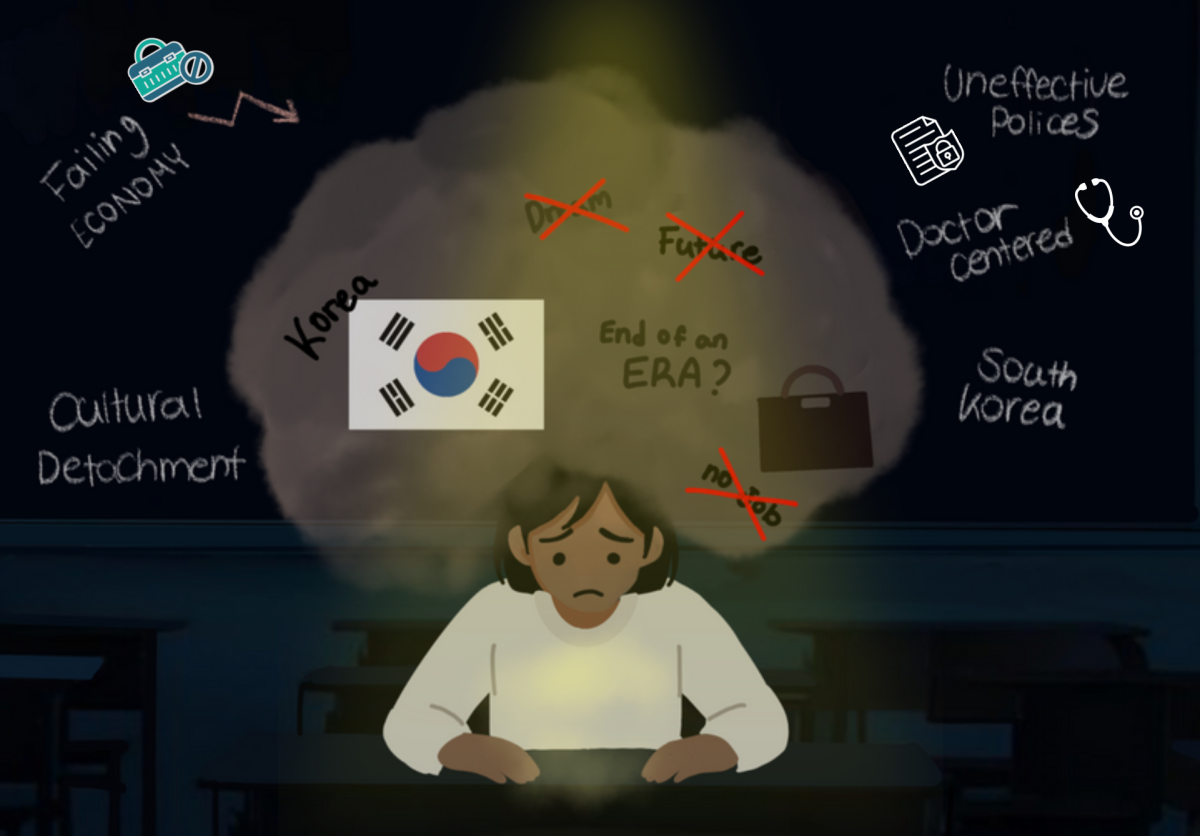





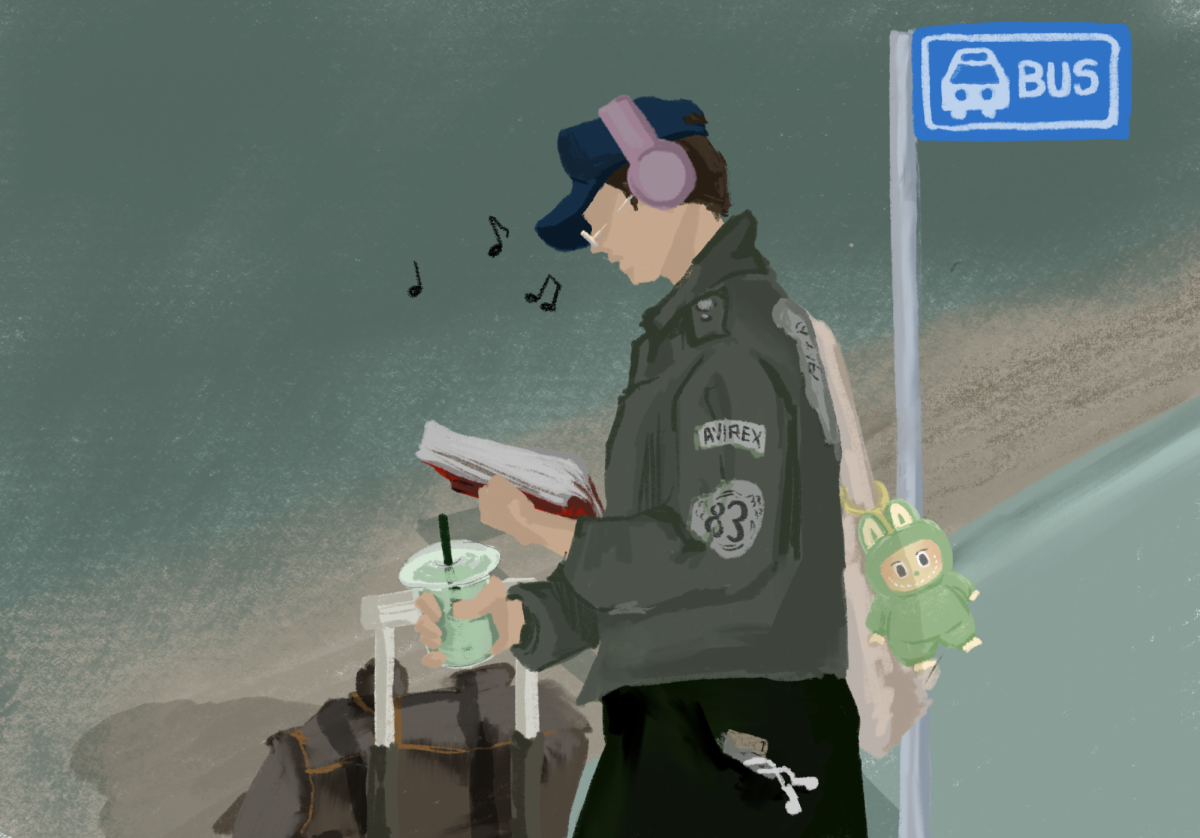

















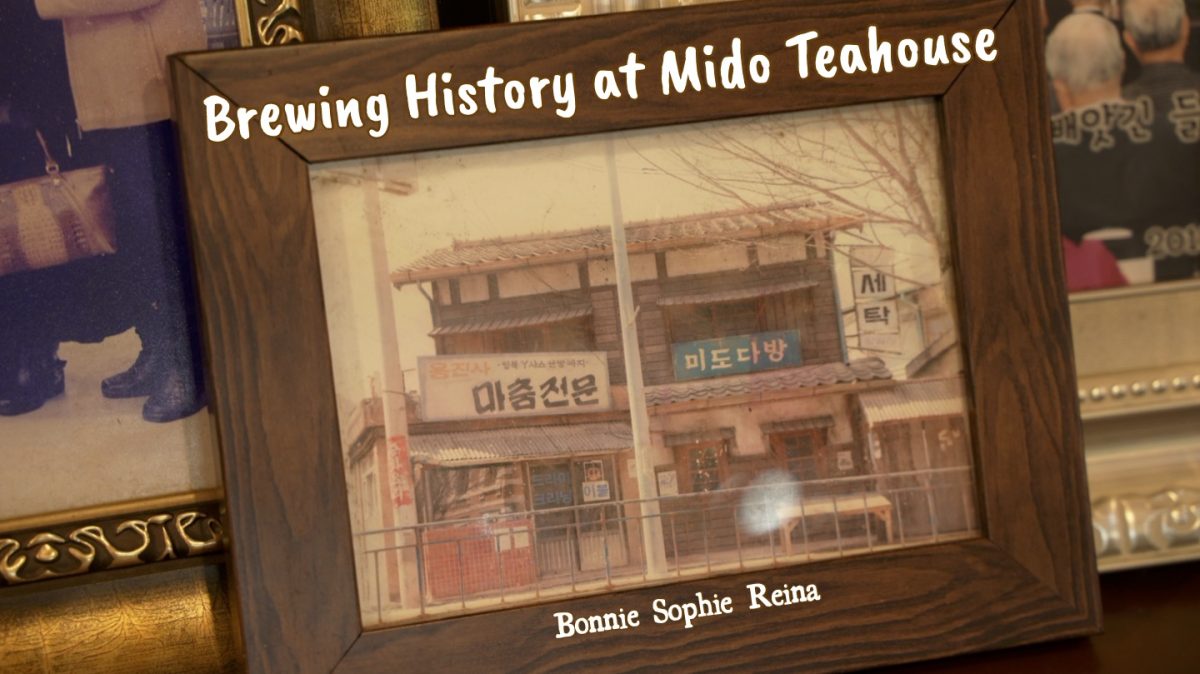
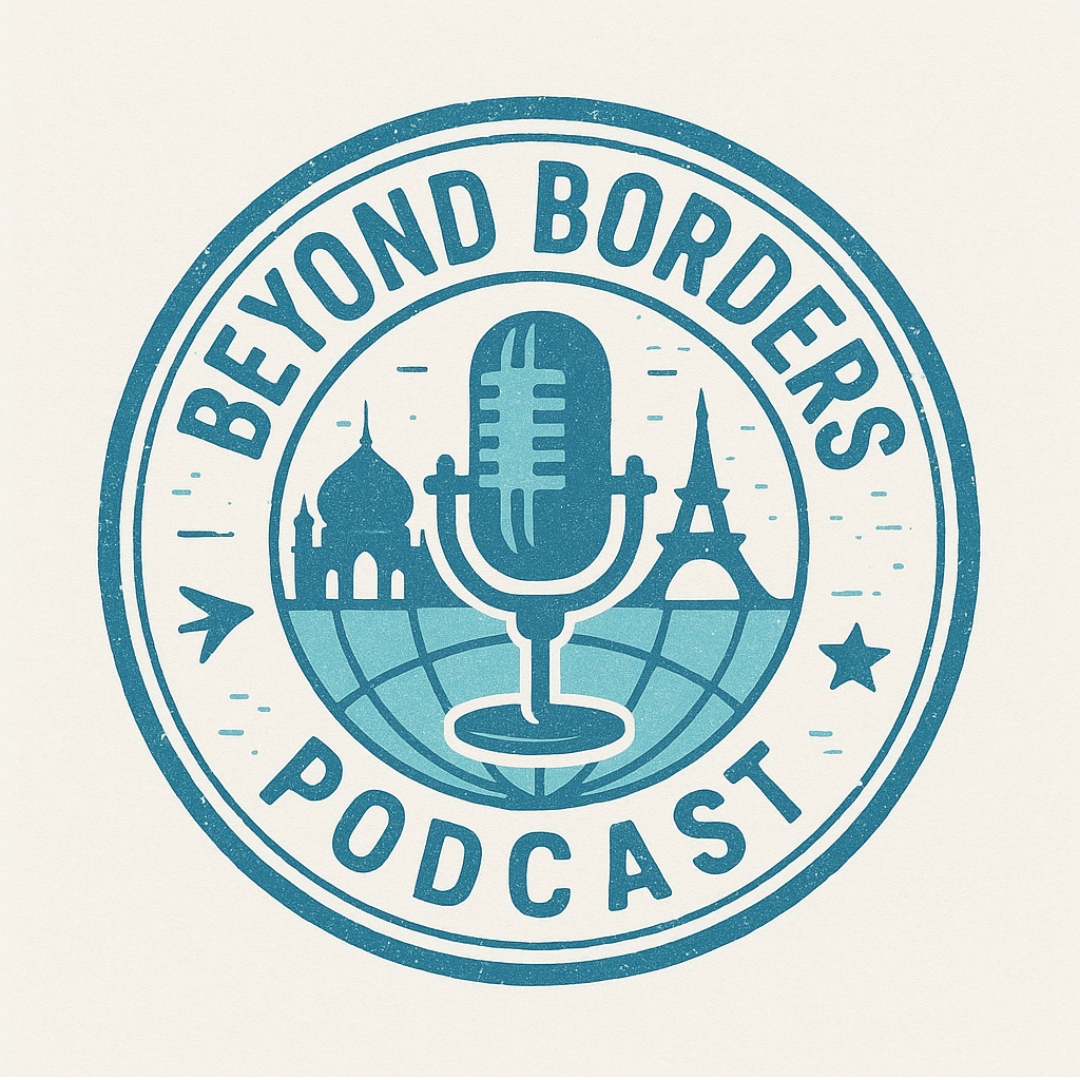
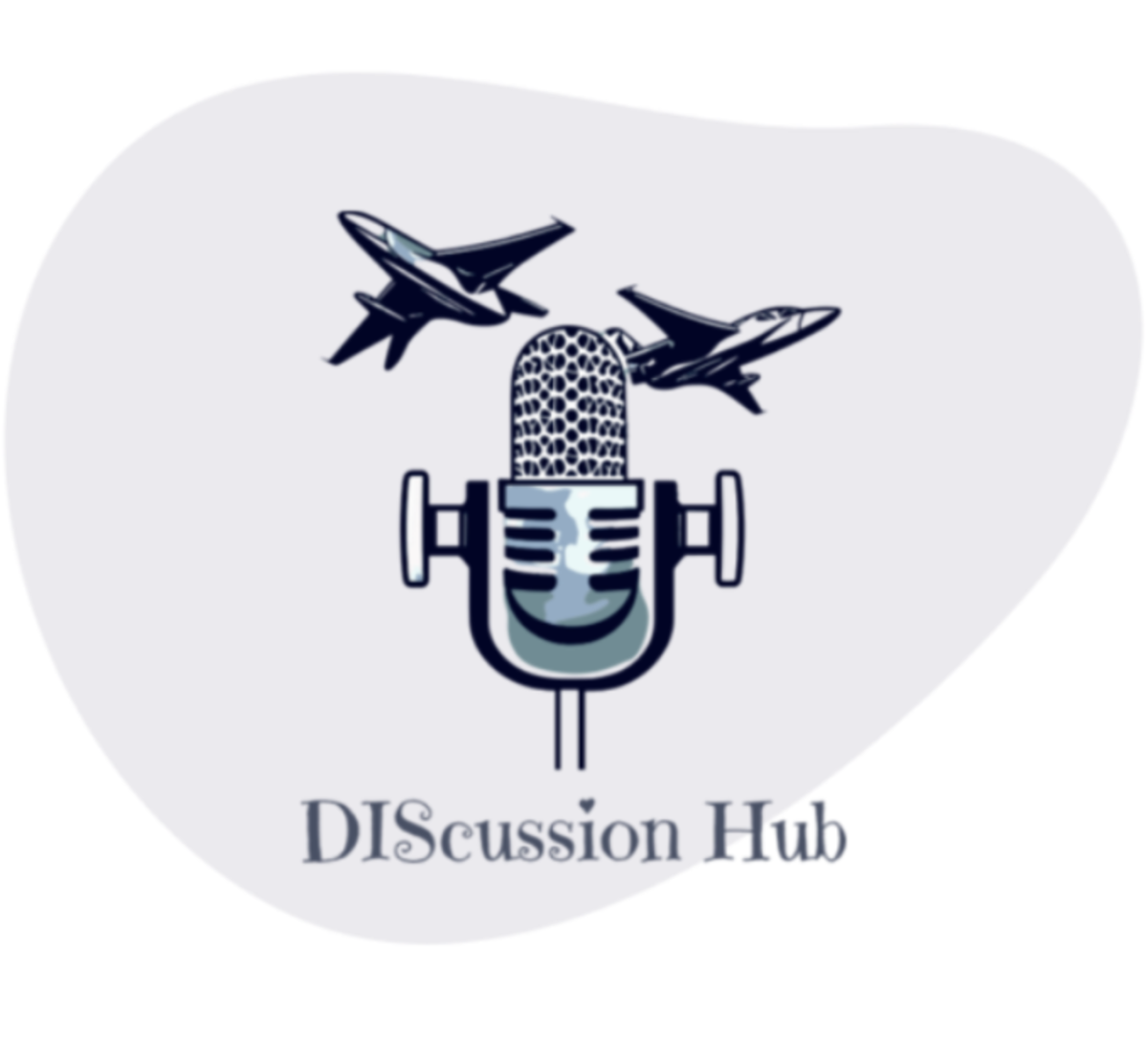
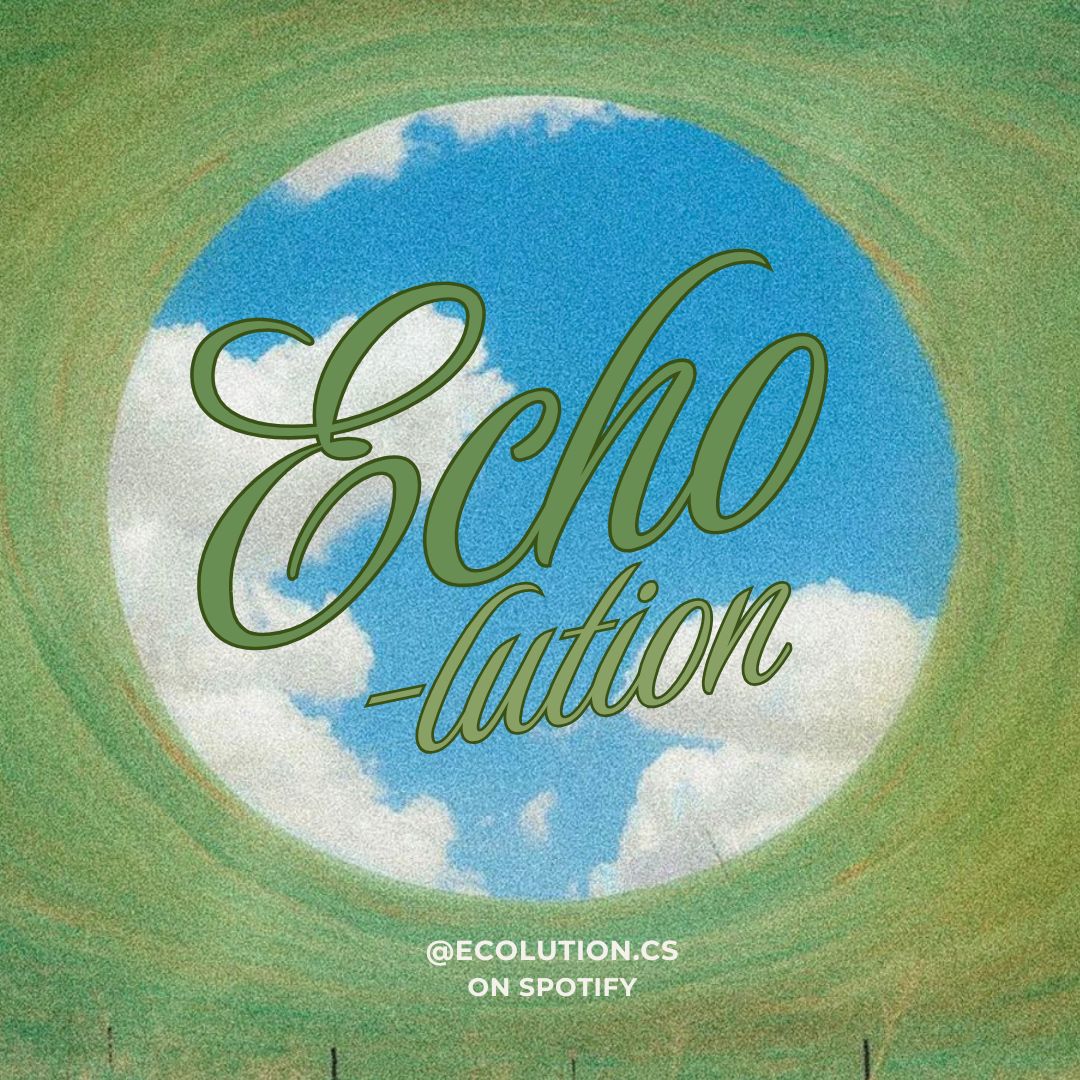














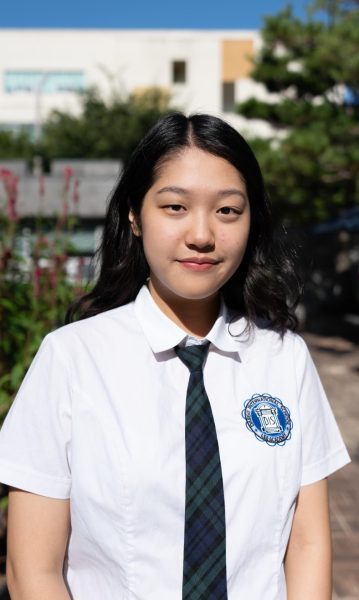
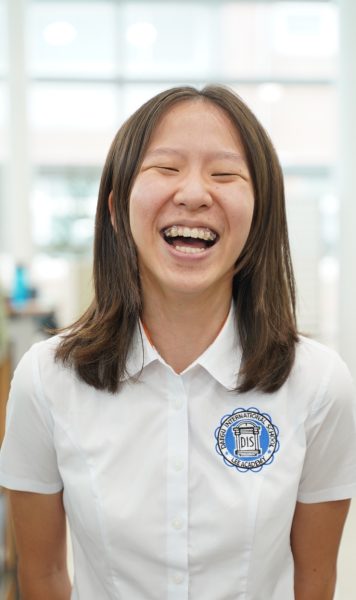
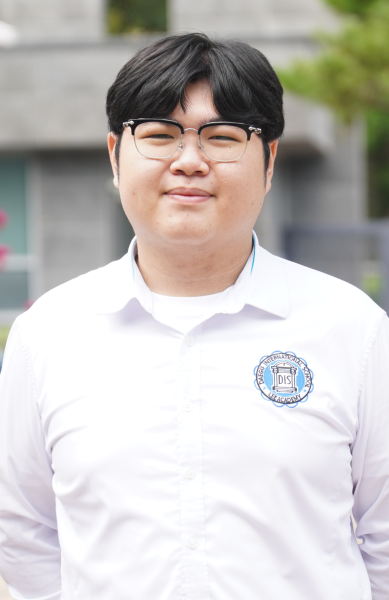
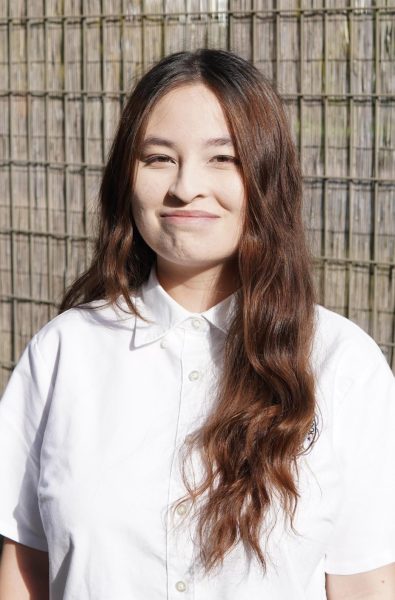

Solah • Dec 13, 2023 at 8:10 am
Ooooh interesting story! Nice jobbb